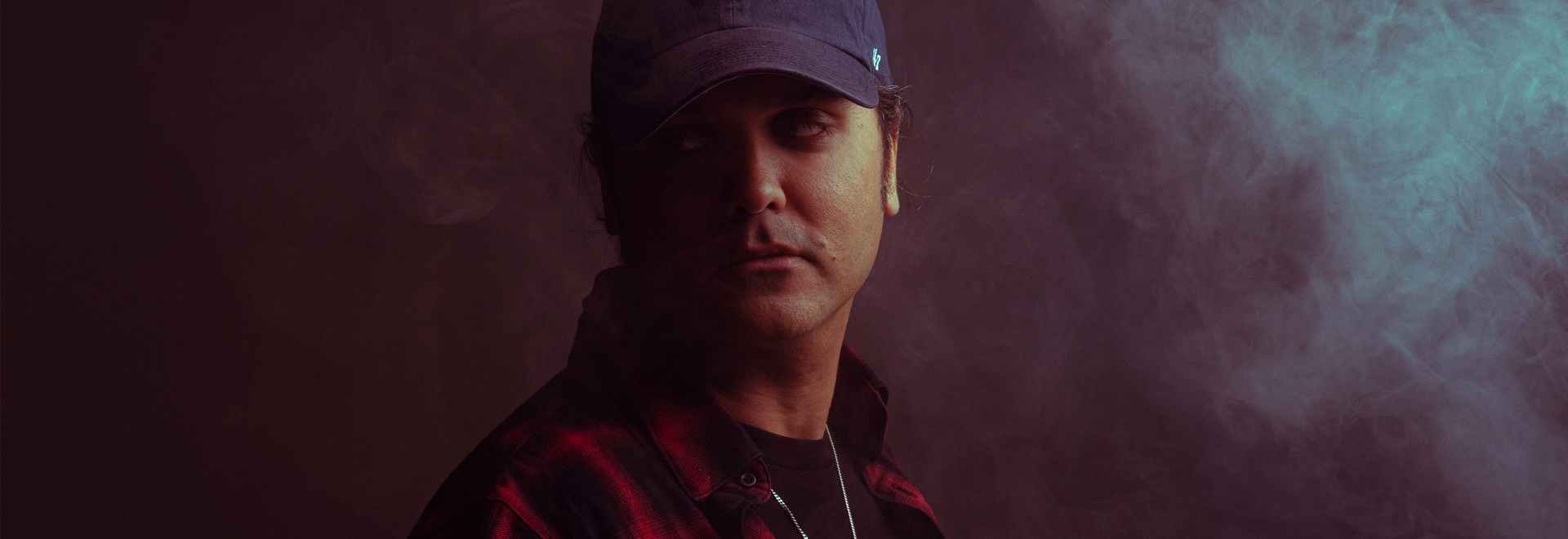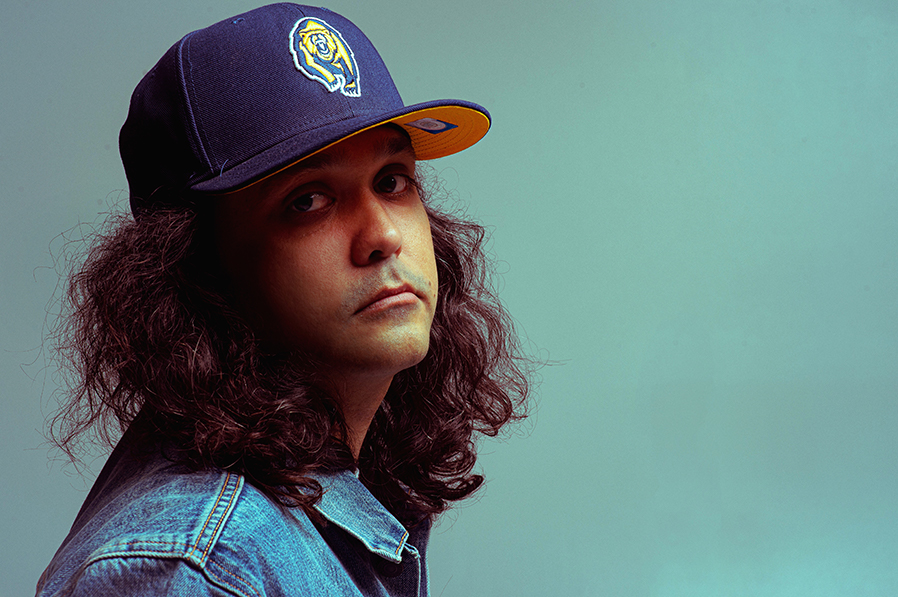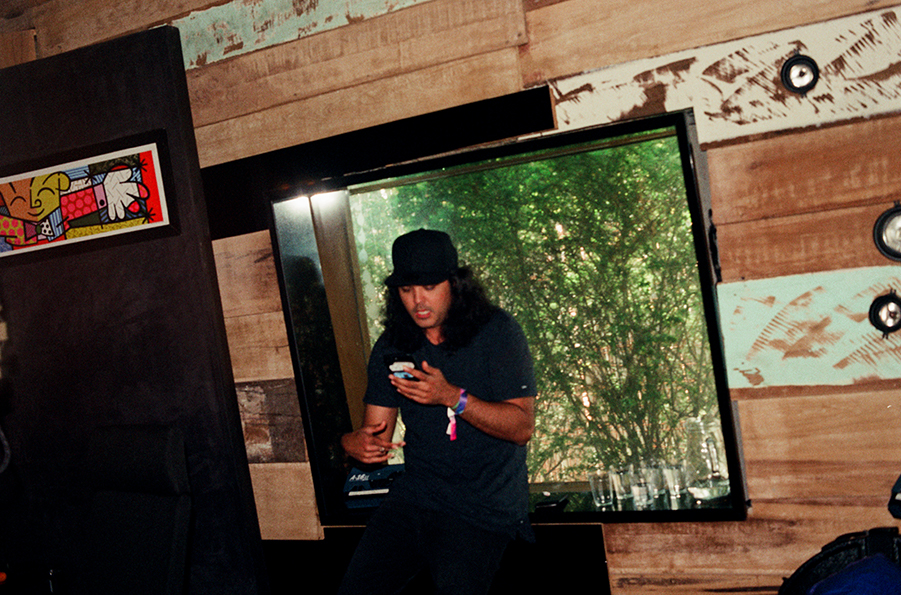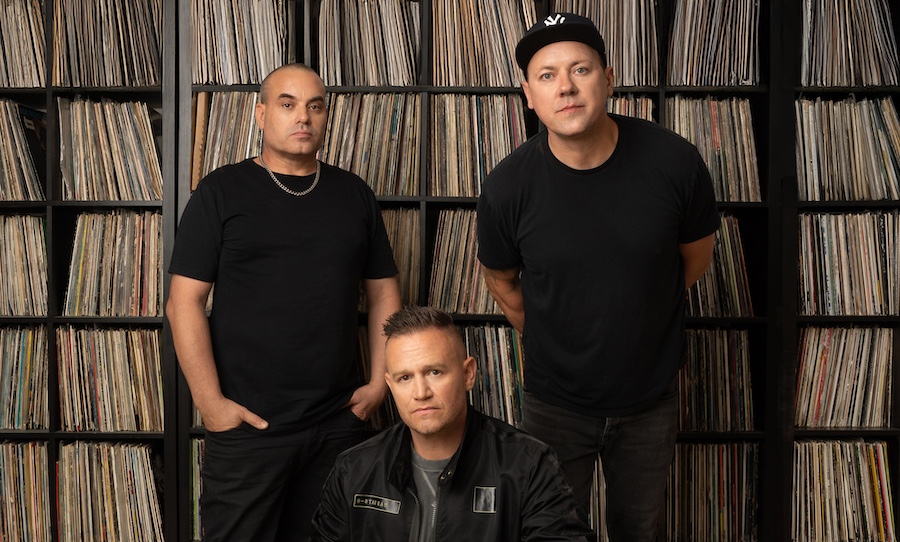HAPPY: So Nathan, I heard that you recently asked to write a track for Steven McGregor’s, upcoming documentary Looky Looky Here Comes Cooky. Could you tell us a little bit about that?
NATHAN: Yeah, I guess I was approached probably at the start of the year, January, February, and then, yeah, just told me about the project and that they wanted to sort of share the story through music. I thought it was a really dope concept and a really dope idea and hearing everyone that was involved, like all the different artists; Alice Skye, trials, Mau Power, and Mo’Ju. It was, I think, an incredible opportunity that I couldn’t pass up.
HAPPY: Totally. So, trials from A.B. Original, yourself and your cousin Fred Leone, you ended up doing a track, didn’t you? I can imagine it was quite a personal experience. What were the challenges and the highlights of that?
NATHAN: Yeah, definitely, going into a studio especially if you haven’t worked with people before, sometimes it can be a bit daunting. If there’s cameras there, there’s like a new level to that. So being really good mates with trials and Fred being my cousin, there was just a sense of being really comfortable at home there. It made the whole experience just that much smoother. I think it really translates into the performances in the recording.
HAPPY: You wrote the song from the perspective of a young warrior watching Captain Cook sail past Fraser Island, is that correct?
NATHAN: Yeah. So, there’s a story about the Butchulla people witnessing Captain Cook sail past Fraser Island. They see each other on Fraser Island and he keeps sailing. There are some other stories passed down by the elders that are more cautionary tales; who’s this, why is he coming, and what’s he planning to do? It was drawing inspiration from that, but also trying to tap into the mindset of someone that’s preparing for war, preparing for invasion, and having your livelihood under threat.
HAPPY: For someone who’s trying to educate themselves on the importance of the project and what it means for you to take on that role, what would you say to them?
NATHAN: I think as Indigenous people, we’ve been banging on the door for so long, sharing our story, standing up, and speaking out, always willing to meet Australia halfway. I think this project was really special because of the method and the way the music and the motive were really engaging.
I think it’s a really dope way to connect with the youth and young Australians. I’ve had a lot of people from the older generations hit me up and say how much they enjoyed it. Also, Steven’s humour is really accessible. I think he’s done a great job capturing all these different elements and aspects of who we are as blackfellas and presenting that in a really respectful way.





